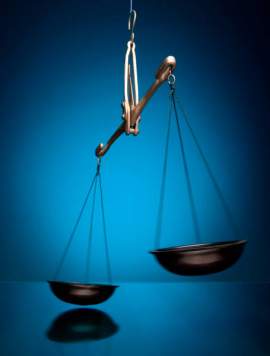
Important Facts About Legal Transcription

What is a Legal Transcription?
Legal Transcription is the process of transposing, or transcribing, the verbal and oral expressions existing within legal hearings and trials into textual and tangible form. The nature of a Legal Transcription may range with regard to the nature of courts, as well as the legal ideology enacted within varying legal institutions.
This may include Legal Transcription involving city courts, state courts, district courts, circuit courts, superior courts, appellate courts, as well as the Supreme Court of the United States of America. The process of Legal Transcription takes place through the recording of speech enacted within litigation.
What is Litigation?
Litigation is defined as the legal process in which an event, matter, or circumstance is reviewed within a court of law. Although litigation is not utilized within the entirety of court proceedings, litigation can be more aptly classified as the legal procedure in which two parties undergo dispute resolution with regard to an event.
As a result, Legal Transcription documenting such an exchange requires the utmost accuracy, as well as speed in order to avoid falling behind dialogue taking place within a ‘real time setting’. Legal Transcription taking place within litigation requires a stenographer to ensure that:
The individual speakers are identified in order to avoid confusion upon rereading the Legal Transcription. The variation in speakers and their implicit speech is required to be expressed in a clear and accurate fashion.
The oversight of the judge is clearly stated with regard to any motions or rulings enacted or imposed within an individual legal proceeding. Furthermore, in the event that a judge mandates that specific expressions be ‘stricken from the record’, the stenographer will be required to clearly express this in the transcription.
Stricken Testimony and Legal Transcription
Within certain legal hearings, an individual may express testimony or speech that the judge deems to be inadmissible as evidence. In the event that this occurs, the judge will typically instruct the court reporter to ‘strike’ the testimony from the record.
This is translated as the removal of the expressed statement from the Legal Transcription, as well as the prohibition of the jury to allow that ‘stricken’ speech from factoring into a final verdict. However, with a Legal Transcription, the court reporter will not erase the ‘stricken’ testimony. Conversely, they will identify the testimony as ‘redacted’ within the Legal Transcription, thus identifying it as inadmissible.
Important Terms in Legal Transcription
The following terms are amongst the most common within the production of Legal Transcription:
Sentencing: Within a legal hearing, the sentencing is the recourse required of the party found guilty. This can include financial restitution, monetary compensation, or punitive recourse contingent upon the nature of the crime.
Verdict: The final decision with regard to the ruling of an individual lawsuit. Although the verdict can consist of outcomes ranging from ‘guilty’ to ‘not-guilty’, the failure to reach a verdict may result in the possibility of a new trial.
Testimony: Testimony, also referred to as ‘witness testimony’, is the expression of an individual regarding any or all respective knowledge or factual information in possession in correlation to the details of a legal trial. The accurate recording of testimony is amongst the most imperative responsibilities of a stenographer.
NEXT: What is a Registered Professional Reporter





















